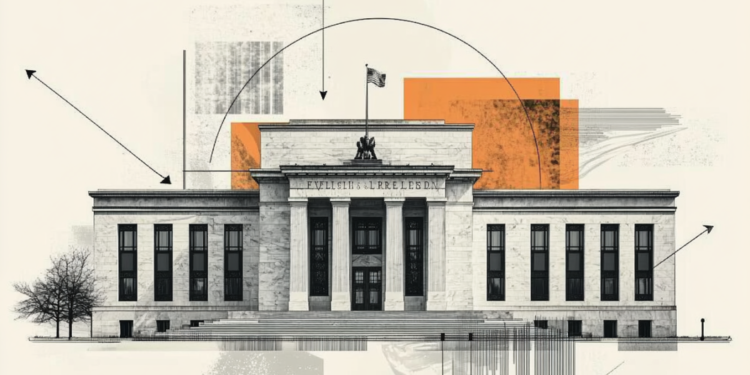The war in Ukraine should disrupt the sale of Petrobras’ Nitrogen Fertilizer Unit (UFN-III). Installed in the municipality of Três Lagoas (MS), the factory was being transferred to the Russian company Acron.
The signing of the contract depended only on the approval of the oil company’s governance area when the war broke out. Now it also depends on how long the conflict will last and its effects on Acron’s cash.
Although the amount involved was not informed by the companies, the government of Mato Grosso do Sul reported that Petrobras spent more than R$ 3 billion to build the factory.
Part of that money was lost with the deterioration of the equipment over the years, since the suspension of the work in 2014.
“The access of the Central Bank and Russian companies to their reserves and dollar assets is blocked and has been canceled from the international payment system, Swift. Without being able to move money, Acron cannot close the deal, at least for now”, says Rodrigo Leão, a researcher at the Institute for Strategic Studies in Petroleum, Natural Gas and Biofuels (Ineep).
This is not a problem for Petrobras, as the signing of the contract was not scheduled for the next few days. According to a source at the oil company, some internal procedures still have to be completed, which usually takes months.
The point is that both sides were committed to speeding up the process so that the Russian company could start operating the factory as early as July.
“The deal will only be unfeasible if the war and the effects of the economic sanction extend and Acron loses its breath for new acquisitions”, says Leão.
Pomp
On February 11, when the war was still a geopolitical tension, the company’s vice president, Vladimir Kantor, went to Mato Grosso do Sul accompanied by Petrobras representatives, to talk to Governor Reinaldo Azambuja. The meeting was celebrated by the local government, which has been waiting for an investor in UFN-III for years.
The unit began to be built in 2011. Three years later, the works were paralyzed with 81% of the facilities still standing. Today, the factory is a skeleton in Três Lagoas and Petrobras’ efforts are limited to avoiding the degradation of the equipment.
The executives’ meeting with the local government was scheduled precisely to accelerate the start of operations.
A working group was formed to prepare the document that will formalize the tax benefits offered by the State for the resumption of the work.
“We have every intention of concluding this sale as quickly as possible”, said, on the day, the executive manager of Portfolio Management at Petrobras, Ana Paula Saraiva.
Change of plans
UFN-III was planned at a time when Petrobras idealized the use of future pre-salt gas as a raw material in different businesses, one of the main ones being the production of fertilizers, imported on a large scale by the Brazilian agricultural sector.
In 2014, however, under new management, aimed at resolving the state-owned company’s finances, Petrobras decided to sell all assets unrelated to its main business, the exploration and production of crude oil and gas, in deep and ultra-deep waters.
For Acron, the deal is advantageous. The company is one of the world’s leading suppliers of fertilizers. On its website, it says it has sold its products to 74 countries in 2020.
Among its main markets are “Russia, Brazil, Europe and the United States”, in that order. At UFN-III, it would have the chance to produce 3,600 tonnes per day of urea and 2,200 tonnes per day of ammonia, from 2.2 million m³ per day of gas.
The information is from the newspaper O Estado de S. Paulo.
Source: CNN Brasil
I am Sophia william, author of World Stock Market. I have a degree in journalism from the University of Missouri and I have worked as a reporter for several news websites. I have a passion for writing and informing people about the latest news and events happening in the world. I strive to be accurate and unbiased in my reporting, and I hope to provide readers with valuable information that they can use to make informed decisions.







